Coffee is far more than just a beverage.
Behind its aroma and flavor lies a history steeped in political movements, where debates sparked revolutions and ideas brewed beneath the surface.
Revolutionaries exchanged words, thinkers penned manifestos, and citizens quietly fostered solidarity—all within the walls of cafés.
This article explores how coffee intersected with politics, from the French Revolution to today’s social movements.
You may come to realize that your daily cup is more connected to the tides of history than you ever imagined.
- The historical role of cafés as hubs during the French Revolution
- Why the Ottoman Empire outlawed coffeehouses for political reasons
- How third wave coffee carries powerful social messages
- Drinking coffee as a modern act of quiet solidarity
Where Coffee Meets Politics: A Historical Perspective
Coffee has silently—and powerfully—moved the wheels of history.
One of the clearest examples lies in the rise of café culture during the 18th century in France and its role in stirring revolutionary sentiments.
This section explores how cafés, far from being mere social venues, became political hotbeds.
On the eve of the French Revolution, behind the scent of roasted beans, ideas began to boil.

The Rise of Café Culture and the French Revolution
In late 18th-century France, as dissatisfaction with the monarchy grew, cafés sprang up rapidly across Paris.
Unlike exclusive salons, cafés were open to the upper class, intellectuals, laborers, and the everyday citizen alike.
People read newspapers, exchanged political gossip, and openly speculated about the nation’s future.
These venues became intersections of thought—a kind of intellectual furnace where ideas clashed and combined.
- The spread of coffee and print media accelerated intellectual dialogue
- Cafés became essential places for citizens to access and share knowledge
- Revolutionaries often met in cafés to strategize their next actions
When the French Revolution broke out in 1789, it wasn’t just a matter of muskets and barricades.
The words exchanged in these cafés had already begun to reshape the very fabric of society.
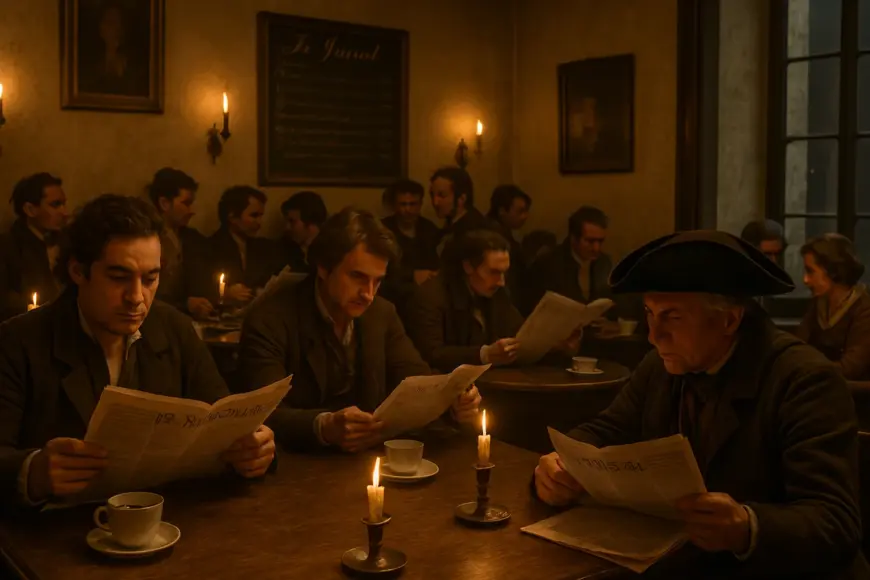
Why Cafés Became Symbols of Freedom
The significance of cafés in France went beyond being discussion hubs.
The atmosphere that welcomed open dialogue—even under monarchical rule—turned them into symbolic spaces of liberty.
At a time when public speech was restricted, cafés offered a rare sanctuary for expression.
Despite the lingering class barriers, cafés still provided a more level playing field than most public spaces.
With coffee in hand, people from various walks of life shared thoughts, debated ideas, and developed a growing sense of civic responsibility.
- Cafés served as safe zones for dialogue during a time of suppressed speech
- The simple act of drinking coffee became a symbolic gesture of civic consciousness
- These venues evolved into icons of social transformation
The revolutionary slogan “Liberty, Equality, Fraternity” didn’t emerge in a vacuum—it was nurtured in the charged atmosphere of the café.
More than just commercial spaces, cafés became sanctuaries of the soul, where ideas could spread their wings.
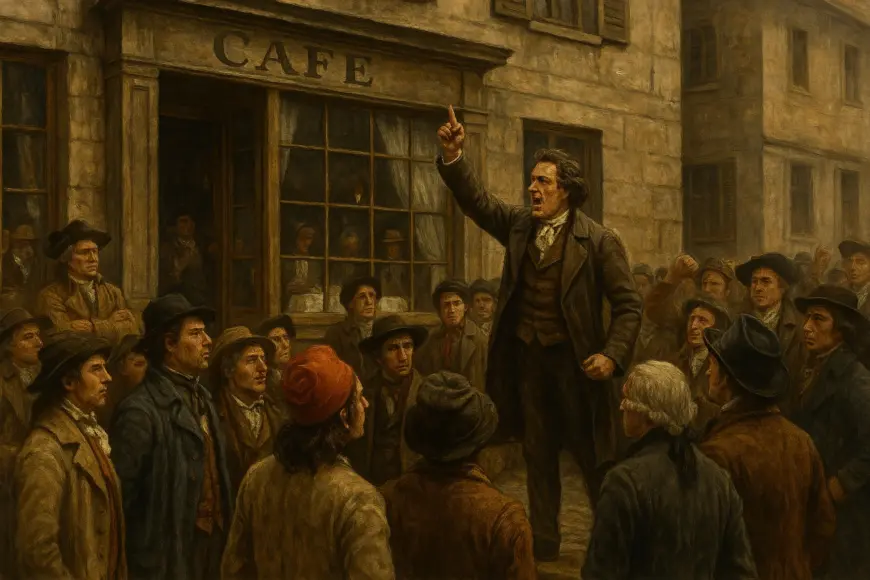
Coffee and Politics Around the World
Coffee’s connection to politics isn’t unique to France.
Across the globe, cafés and coffeehouses have long stood as political symbols and battlegrounds for ideas.
In this section, we’ll focus on the contrasting examples of the Ottoman Empire and Ethiopia.
These vastly different cultures reveal how coffee has been feared, celebrated, and woven into the fabric of social and political life.
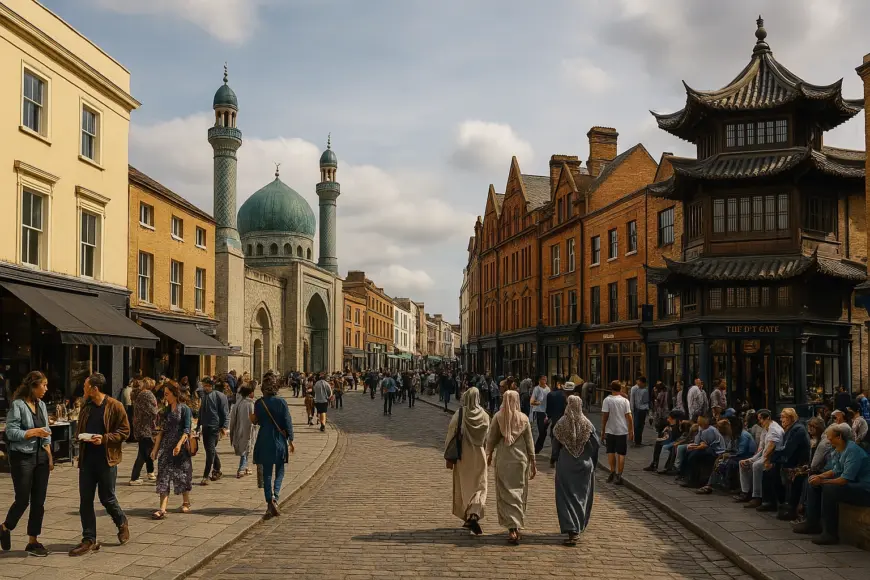
The Ottoman Empire and the Banning of Coffeehouses
In the 17th century Ottoman Empire, authorities viewed coffeehouses with deep suspicion.
To them, these places were hotbeds of dissent, where dissatisfaction with the state fermented through whispered conversations.
Historical records show multiple bans on both the operation of coffeehouses and the consumption of coffee itself.
Still, people persisted, gathering in secret to sip coffee.
Beyond its flavor and aroma, drinking coffee became a quiet act of resistance—a refusal to be silenced.
- Coffeehouses became hubs of information exchange and anti-government sentiment
- The bans only strengthened coffee’s symbolism as a drink of freedom
- Underground coffeehouses served as covert meeting spots for political strategy
In the Ottoman narrative, coffee was more than a beverage.
It became a tool of quiet revolution, a surrogate voice for the silenced.
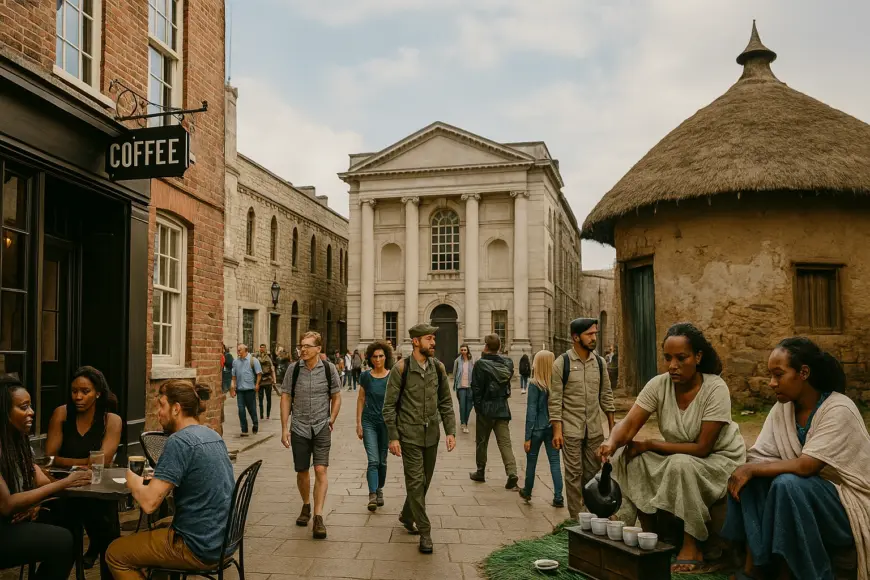
Ethiopia and the Unifying Power of the Coffee Ceremony
In Ethiopia, coffee is far more than a drink—it sits at the heart of a sacred tradition.
Known as the “Bunna Ceremony,” this ritual gathers families and neighbors to roast, brew, and share coffee together.
It is a moment of bonding, reflection, and shared experience.
Though not overtly political, the ceremony fosters community cohesion and quiet unity.
Without a single word of protest, coffee connects people and strengthens the social fabric.
- Coffee ceremonies naturally bind people together through daily ritual
- Even without political intent, they contribute to social harmony
- The act of drinking affirms presence and reinforces community identity
On the surface, it may seem apolitical—no protest, no slogans.
But Ethiopia’s coffee ceremony is a profound cultural act that nurtures grassroots solidarity.
Politics isn’t always loud; sometimes its power lies in the quiet.
Coffee speaks volumes without saying a word.
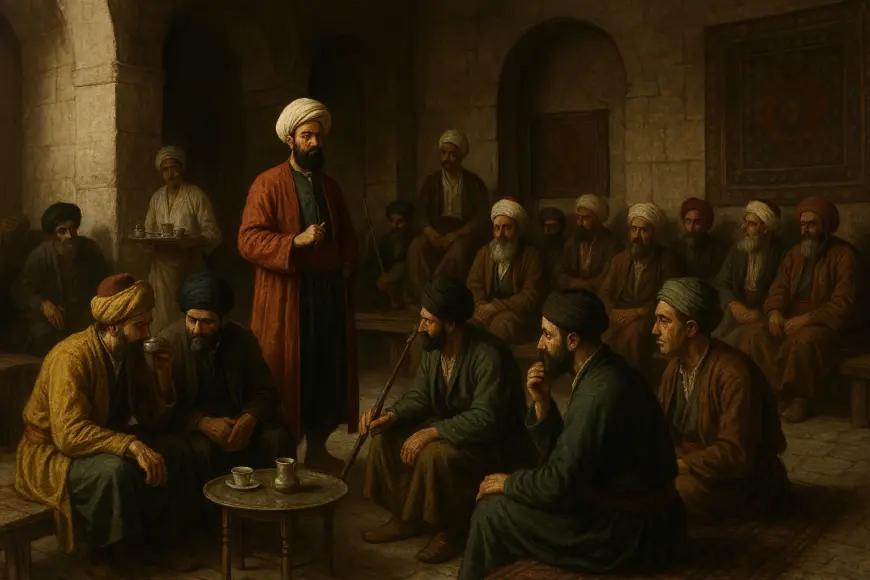
Café Culture and Protest in the Modern Era
Once a gathering space for revolutionaries, cafés today continue to serve as platforms for social messages.
What has changed is the style of expression, the faces of those speaking out, and the colors of the flags they raise.
In this chapter, we explore how third wave coffee culture and modern social movements intersect, redefining the role of cafés in society.
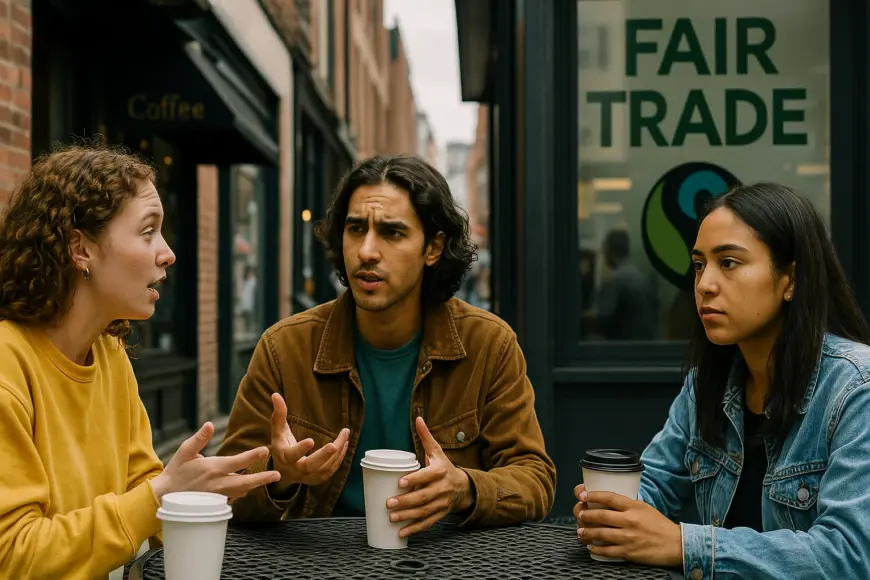
Third Wave Coffee and Its Connection to Social Movements
Third wave coffee isn’t just a flavor trend—it’s a shift in values centered on ethics and sustainability.
Emerging in the early 2000s in the United States, this movement quickly spread worldwide, turning coffee choices into political statements.
Walls inside these cafés are lined with words like “fair trade,” “organic,” and “traceability.”
Drinking coffee has become more than a daily habit—it’s now a quiet yet firm way to express one’s values.
The café can no longer remain neutral.
It has evolved into a space for peaceful but powerful protest.
- Third wave coffee spread as a symbol of ethical consumption
- Consumers now expect transparency about origin and farming conditions
- Cafés have shifted from serving products to delivering philosophies
Every cup you choose contains the dignity and future of someone working across the globe.
When you become aware of that, coffee transforms into a tool for solidarity and change.
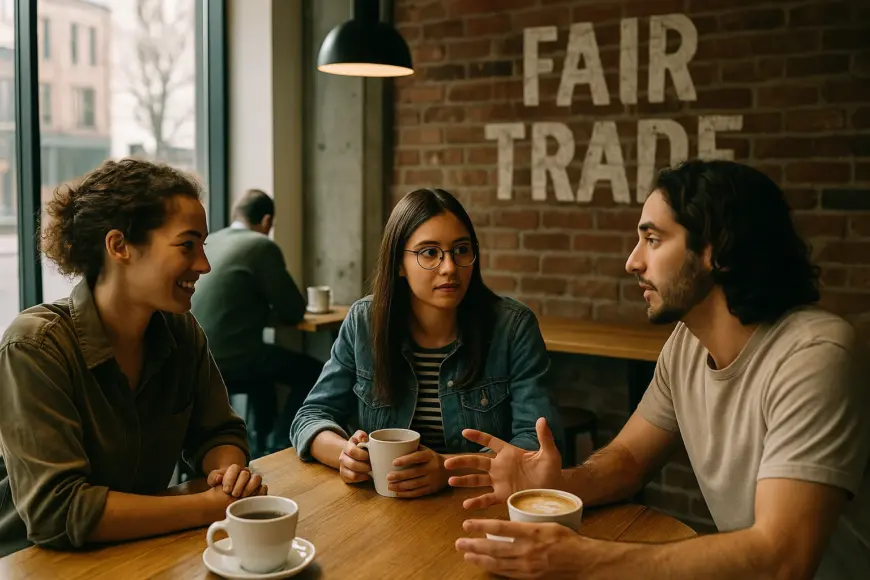
Black Lives Matter and Coffee Chains’ Responses
On May 25, 2020, in Minneapolis, Minnesota, the death of George Floyd sent shockwaves around the world.
The tragedy reignited the Black Lives Matter movement, pushing it back into global headlines.
But the focus extended beyond the protests of everyday people.
It also turned toward how the coffee industry—especially major chains—would respond.
Some companies displayed BLM messages in their stores, while others let employees wear protest slogans on their uniforms.
In contrast, brands that tried to stay “neutral” faced heavy criticism, with demands to take a clear stand.
- Coffee chains can no longer avoid taking public positions on social issues
- Brands that express political views are increasingly earning customer trust
- Inaction is now often interpreted as avoidance or complicity
In today’s world, even the act of buying coffee becomes a political choice.
Where you buy, what you support—these are statements made in the rhythm of daily life.
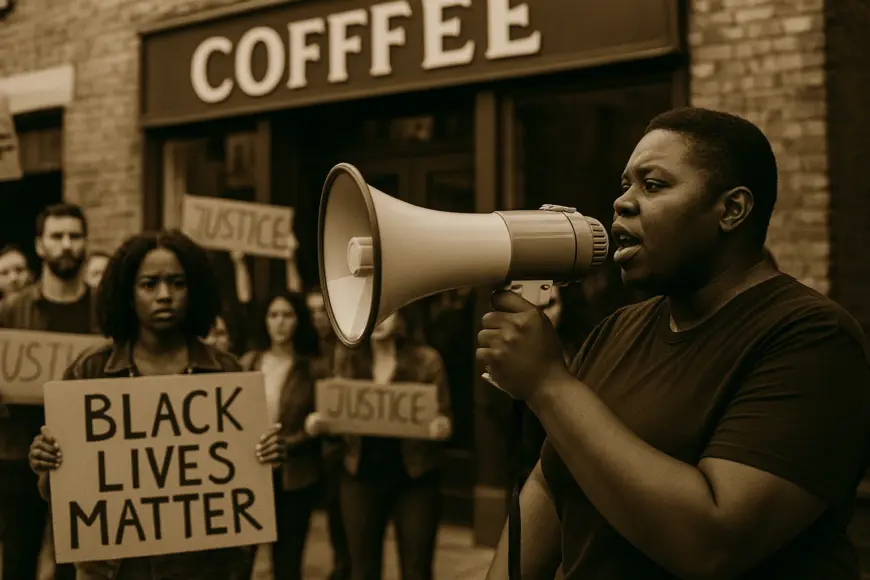
The Quiet Solidarity Brewed by Coffee
Unlike loud protests or shouted slogans, coffee stands as a symbol of “quiet resistance.”
Within each cup lies connection with others, reflection on one’s place in society, and questions we pose to the world.
In this section, we explore how the simple act of drinking can carry profound social meaning.

How Drinking Coffee Connects the Individual and Society
A morning cup after waking up.
An afternoon brew to take a break.
These everyday rituals of “drinking” coffee can, in fact, be tiny bridges connecting us to the world.
Choosing fair trade beans with awareness of the farmers who grew them.
Using a reusable cup to reduce environmental impact.
These are all conscious choices that reflect a broader mindset.
- Drinking coffee can help us rediscover our relationship with the world
- Small choices have the potential to influence societal values
- Awareness, not apathy, becomes the first step toward solidarity
Coffee doesn’t shout—it awakens.
It isn’t a tool for declarations, but a vessel for insight.
And in that quietness, it has the power to stir deep resonance.

Why Do We Pretend Not to Be Political?
Why is it that we avoid political conversations in daily life?
Because we don’t want to upset others, or disrupt the mood—these unspoken pressures quietly influence our behavior.
But this very “silence” often reinforces the status quo.
Coffee can serve as a gentle gateway to break that silence.
In a café, at home, in the break room at work.
With a coffee cup in hand, it might become just a bit easier to talk about politics, or the world.
- Society has developed an unconscious aversion to political dialogue
- Coffee lowers the barrier to open conversations
- Breaking silence starts with small, everyday exchanges
Even if it doesn’t lead to immediate action, that’s okay.
The act of talking itself is the beginning of change.
And coffee—humble, warm, familiar—can be the spark that lights that first conversation.

Conclusion: The Silent Revolution Brewed in Every Cup
Coffee holds a quiet, often unspoken power hidden within our daily routines.
From conversations that sparked revolutions in historic cafés, to sacred rituals in distant cultures, and even today’s ethical consumption choices—coffee continues to mirror the relationship between individuals and society.
Social movements don’t always begin with shouting.
Sometimes, they start with a cup of coffee—calmly shared, silently meaningful, and powerfully unifying.
- Cafés have long served as spaces where ideas and resistance are born
- Around the world, coffee symbolizes both cultural and political solidarity
- A single cup of coffee can serve as a subtle point of contact with society
- The act of drinking itself can quietly break silence and ignite awareness
What does coffee mean to you?
We’d love to hear your thoughts—share your reflections on the link between coffee and society in the comments below.


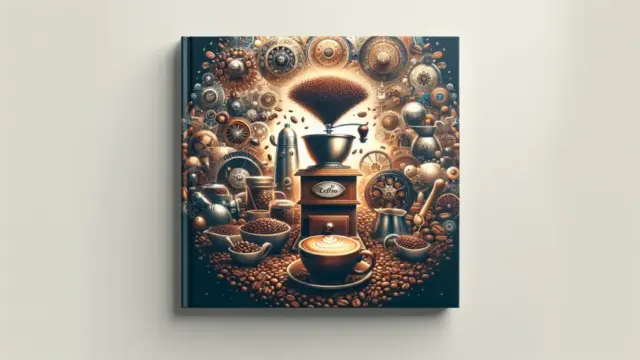


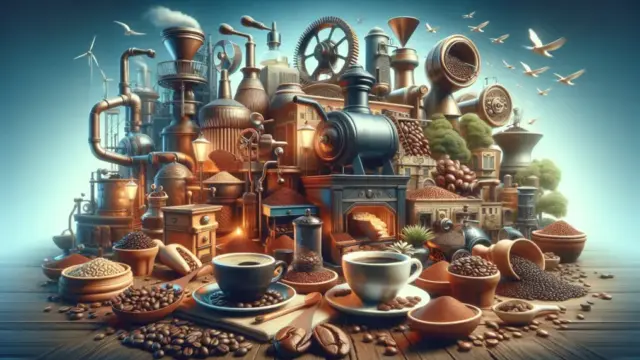



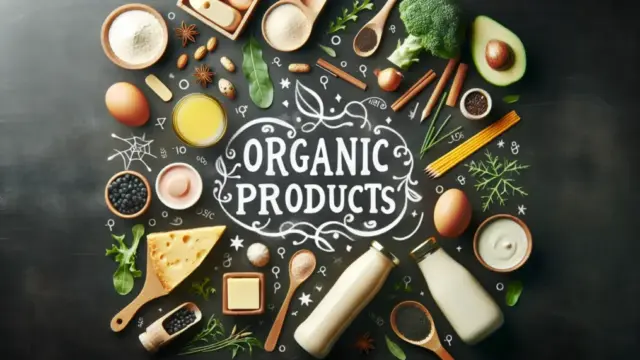

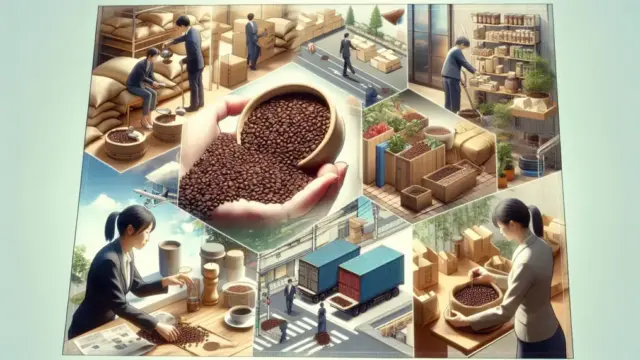





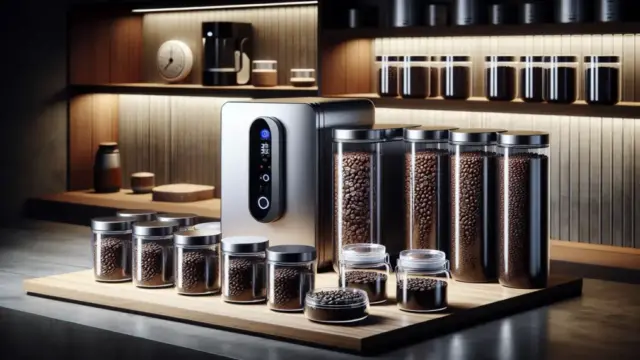















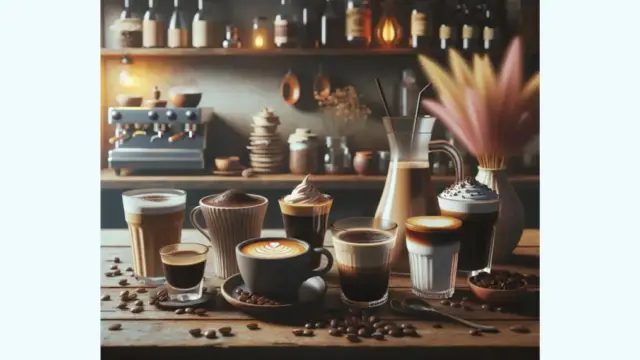






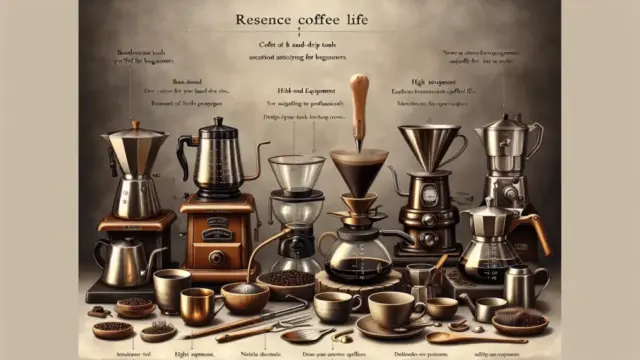

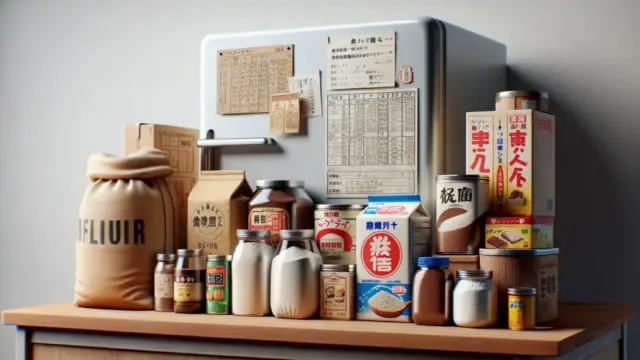

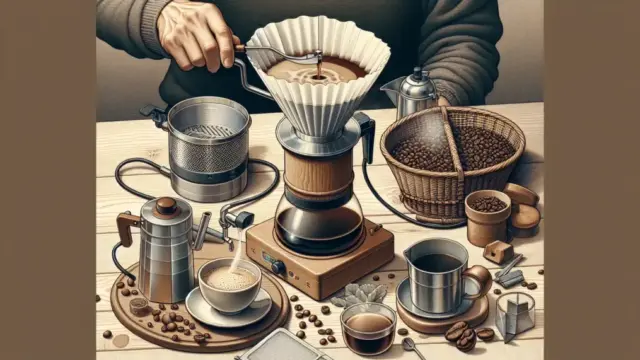
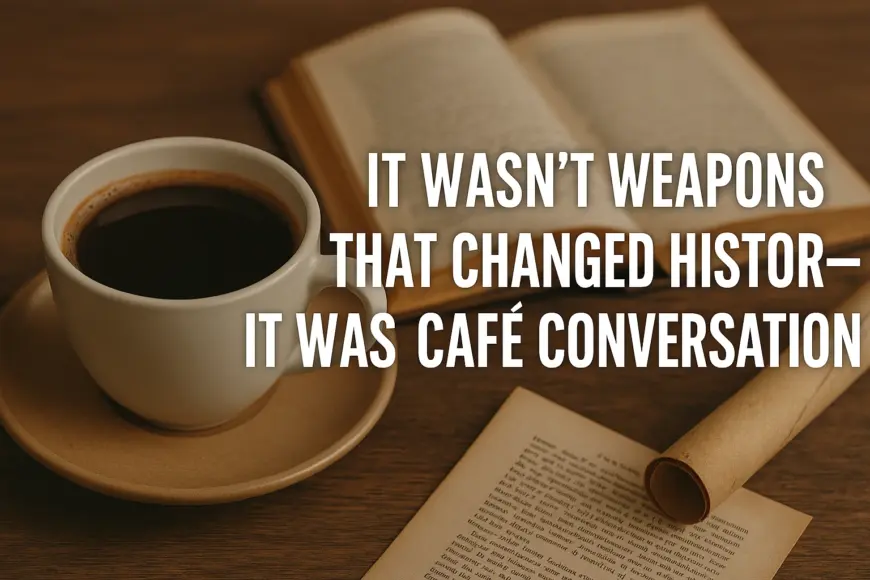


Comment